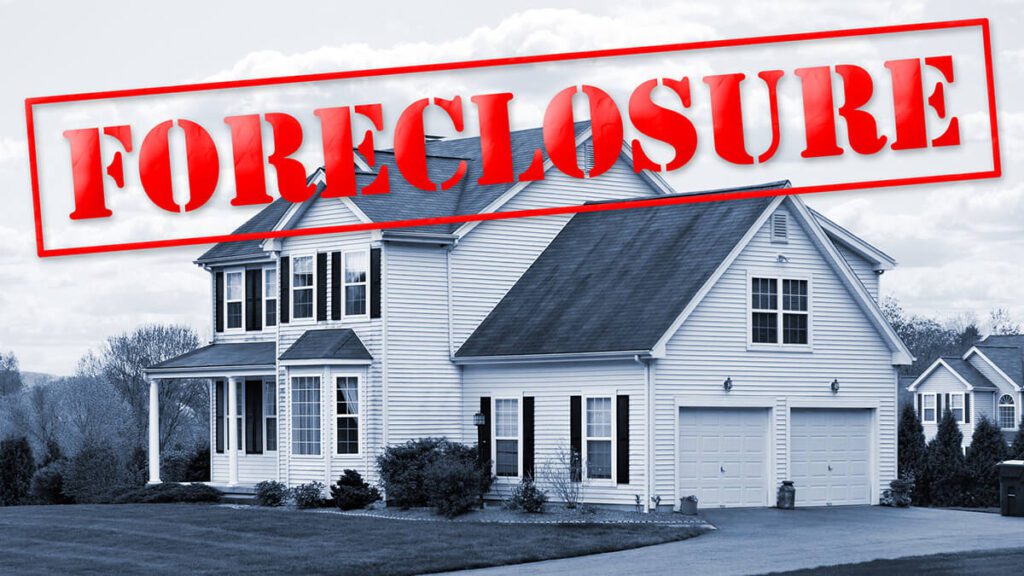Understanding Foreclosure: How to Protect Your Home in Fort Myers
Foreclosure can be an overwhelming experience for homeowners. At Cobia Holdings, we strive to simplify the process, providing homeowners in Fort Myers with vital information and support. Remember, foreclosure should always be considered a last resort, and there are numerous options available to help you navigate potential financial difficulties.
What is Foreclosure?
Foreclosure happens when a homeowner is unable to make mortgage payments, prompting the lender to initiate legal proceedings to take possession of the property. Common triggers for foreclosure include:
- Job Loss: Sudden unemployment can drastically impact your financial stability.
- Medical Emergencies: Unexpected healthcare costs can lead to financial strain.
- Economic Downturns: Broader economic issues can affect homeowners’ ability to pay their mortgage.
The effects of foreclosure can be both emotional and financially devastating. Understanding your options is vital to preventing such outcomes.
Key Strategies to Prevent Foreclosure
Open Communication with Your Lender
Reach out to your lender as soon as you anticipate missing a payment. Lenders often have solutions available, including:
- Forbearance: A temporary postponement of payments.
- Loan Modification: Adjustments to your mortgage terms to lower your monthly payments.
Loan Modification Programs
These programs can help restructure your mortgage, making it easier to keep up with payments By altering interest rates, extending loan terms, or reducing principal balances.
Government Assistance Programs
Both federal and state-level programs may offer financial aid or counseling services. The U.S. Department of Housing and Urban Development (HUD) provides resources that can guide you through the assistance options available.
Selling Your Home
If you foresee that foreclosure is unavoidable, selling your home could be a more viable option than losing it to the bank. This can offer a way to settle debts and move on with your financial life.
Using Bankruptcy as a Tool to Avoid or Delay Foreclosure
Bankruptcy can play a critical role in delaying or preventing foreclosure, but it’s essential to understand the differences between Chapter 7 and Chapter 13 bankruptcy.
Chapter 7 Bankruptcy
This form of bankruptcy can eliminate unsecured debts, including some debts associated with your home. However, it does not remove the lien on your property, meaning it won’t cancel foreclosure proceedings. The key benefit is the automatic stay initiated by the Bankruptcy Court, which halts all creditor actions, including foreclosure.
Pros of Chapter 7 Bankruptcy:
- Immediate relief from creditor actions
- Discharge of unsecured debts
Cons of Chapter 7 Bankruptcy:
- Does not remove the mortgage lien
- Only delays foreclosure
Chapter 13 Bankruptcy
In contrast, Chapter 13 bankruptcy allows you to create a repayment plan for your mortgage arrears, typically extending over three to five years. This option is beneficial if you can maintain current payments along with settling past-due amounts.
Pros of Chapter 13 Bankruptcy:
- Retain your home
- Manageable repayment plan for arrears
Cons of Chapter 13 Bankruptcy:
- Requires a steady income to meet obligations
- Long-term commitment
Legal Assistance for Foreclosure and Bankruptcy
Navigating the intricacies of foreclosure and bankruptcy can be daunting, and seeking professional legal help is beneficial. Cobia Holdings collaborates with experienced professionals to support clients through the processes leading up to foreclosure.
Conclusion
Foreclosure is a pressing issue that necessitates timely action. By exploring various strategies—including communicating with lenders, seeking loan modifications, utilizing government programs, and considering bankruptcy—you can take proactive steps to safeguard your home. Cobia Holdings is dedicated to helping you navigate these challenges.
For more information or to schedule a consultation, contact us today and take the first step towards securing your home and financial future. Remember, you’re not alone in this journey; we’re here to provide the guidance and support you need.


